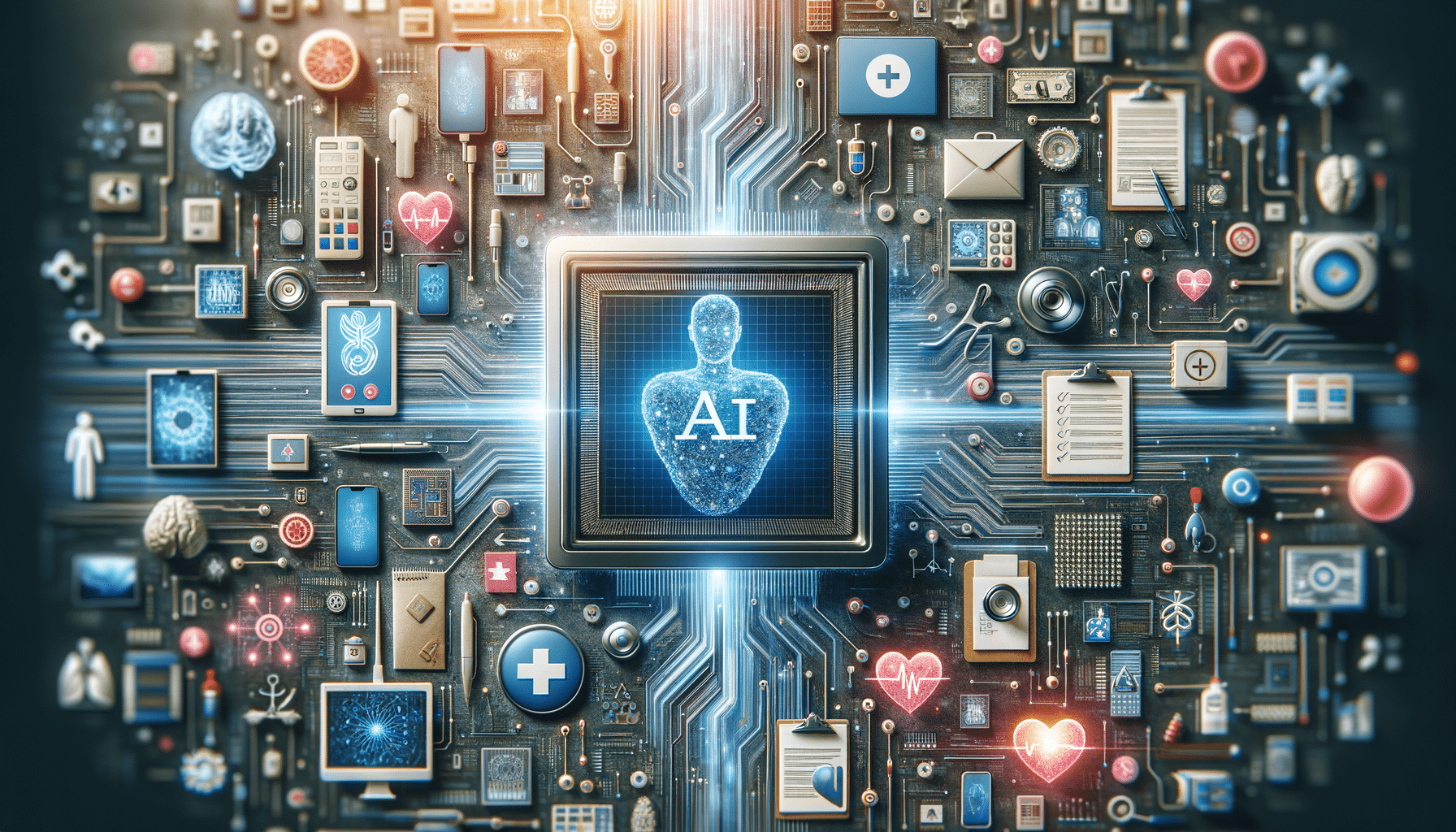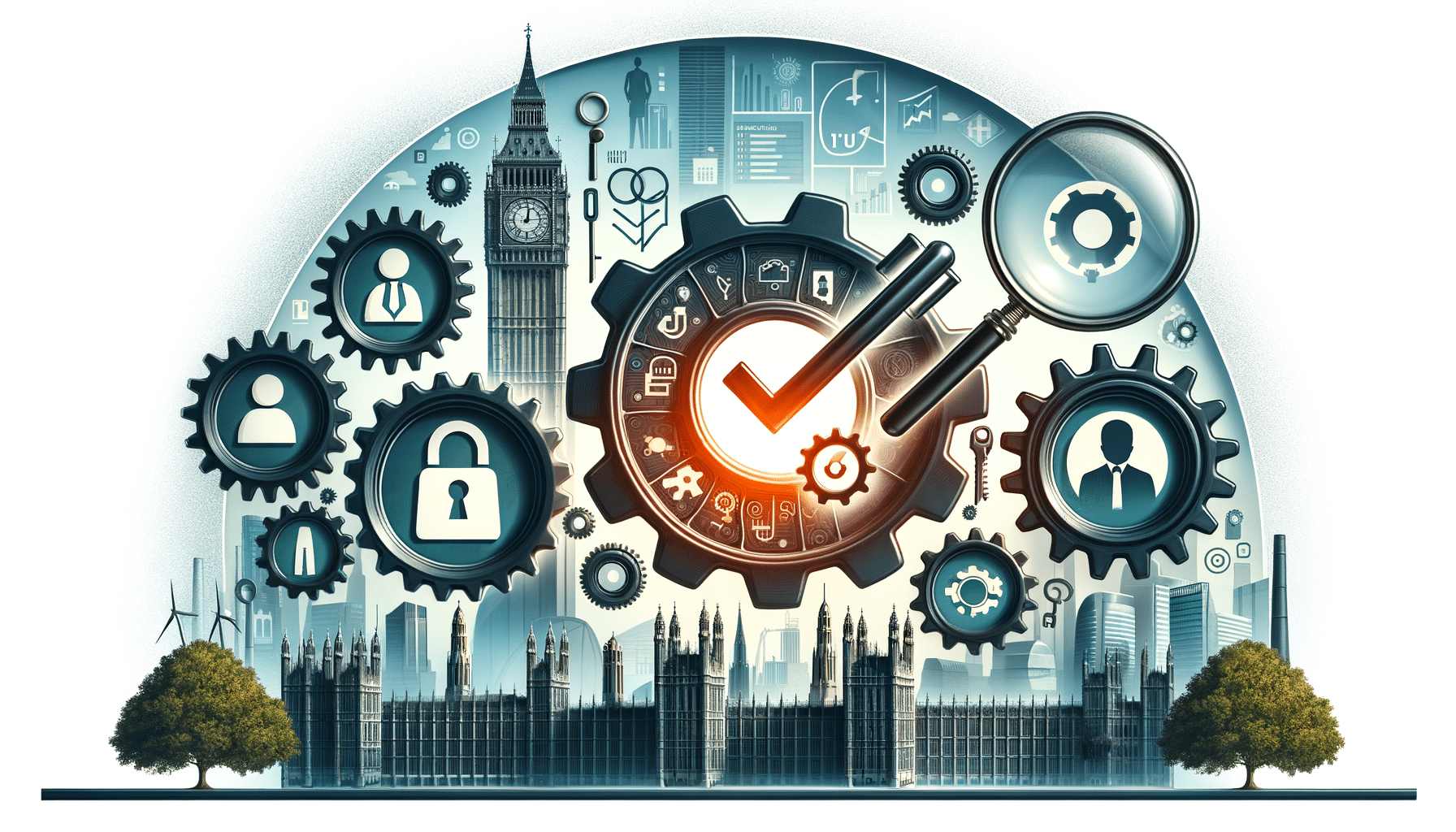
What should we know about AI in healthcare software?
Introduction to Healthcare Software
In the ever-evolving landscape of technology, healthcare software has emerged as a pivotal component in delivering efficient and effective medical services. The integration of artificial intelligence (AI) in healthcare software is transforming how medical professionals diagnose, treat, and manage diseases. This article delves into the various facets of AI in healthcare software, exploring its significance, benefits, and the challenges it faces.
The Role of AI in Healthcare Software
AI is revolutionizing healthcare software by enhancing its capabilities to analyze large volumes of data swiftly and accurately. This technology aids in predictive analytics, helping healthcare providers anticipate patient needs and streamline care. AI algorithms can process complex datasets from medical records, imaging, and genomics, providing insights that were previously unattainable. For instance, AI-powered diagnostic tools are among the top options for identifying diseases at an early stage, thus improving patient outcomes.
Benefits of AI in Healthcare Software
AI in healthcare software offers numerous advantages that enhance patient care and operational efficiency. One of the most notable benefits is its ability to reduce human error, a critical factor in medical diagnostics and treatment. AI systems are highly rated for their precision in interpreting medical images and laboratory results, which supports clinicians in making informed decisions. Furthermore, AI-driven software can automate routine tasks, allowing healthcare professionals to focus on more complex patient care activities.
Some key benefits include:
- Improved diagnostic accuracy
- Enhanced patient monitoring
- Streamlined administrative processes
Challenges in Implementing AI in Healthcare Software
Despite its potential, the implementation of AI in healthcare software is not without challenges. Data privacy concerns are paramount, as healthcare data is highly sensitive. Ensuring compliance with regulations such as the Health Insurance Portability and Accountability Act (HIPAA) is essential. Additionally, the integration of AI systems requires significant investment in infrastructure and training for healthcare personnel to effectively use these advanced tools.
Another challenge is the need for large, high-quality datasets to train AI models. Inaccurate or biased data can lead to flawed outcomes, thus it is crucial to maintain data integrity and diversity. Overcoming these challenges requires collaboration between technology developers, healthcare providers, and regulatory bodies.
Future Prospects of AI in Healthcare Software
The future of AI in healthcare software looks promising, with continuous advancements in technology and data science. AI holds the potential to revolutionize personalized medicine by tailoring treatments to individual patient profiles. As AI systems become more sophisticated, they will offer exceptional quality in predictive analytics, enabling proactive healthcare management.
Moreover, the integration of AI with other technologies such as the Internet of Things (IoT) and blockchain could further enhance healthcare delivery. These innovations will likely lead to more secure, efficient, and patient-centered care models, ultimately transforming the healthcare landscape.
Conclusion
AI in healthcare software is a game-changer, offering numerous benefits that improve patient care and operational efficiency. While challenges exist, the potential rewards make it a worthwhile pursuit. As technology continues to evolve, AI will undoubtedly play a crucial role in shaping the future of healthcare, providing better outcomes for patients and healthcare providers alike.
